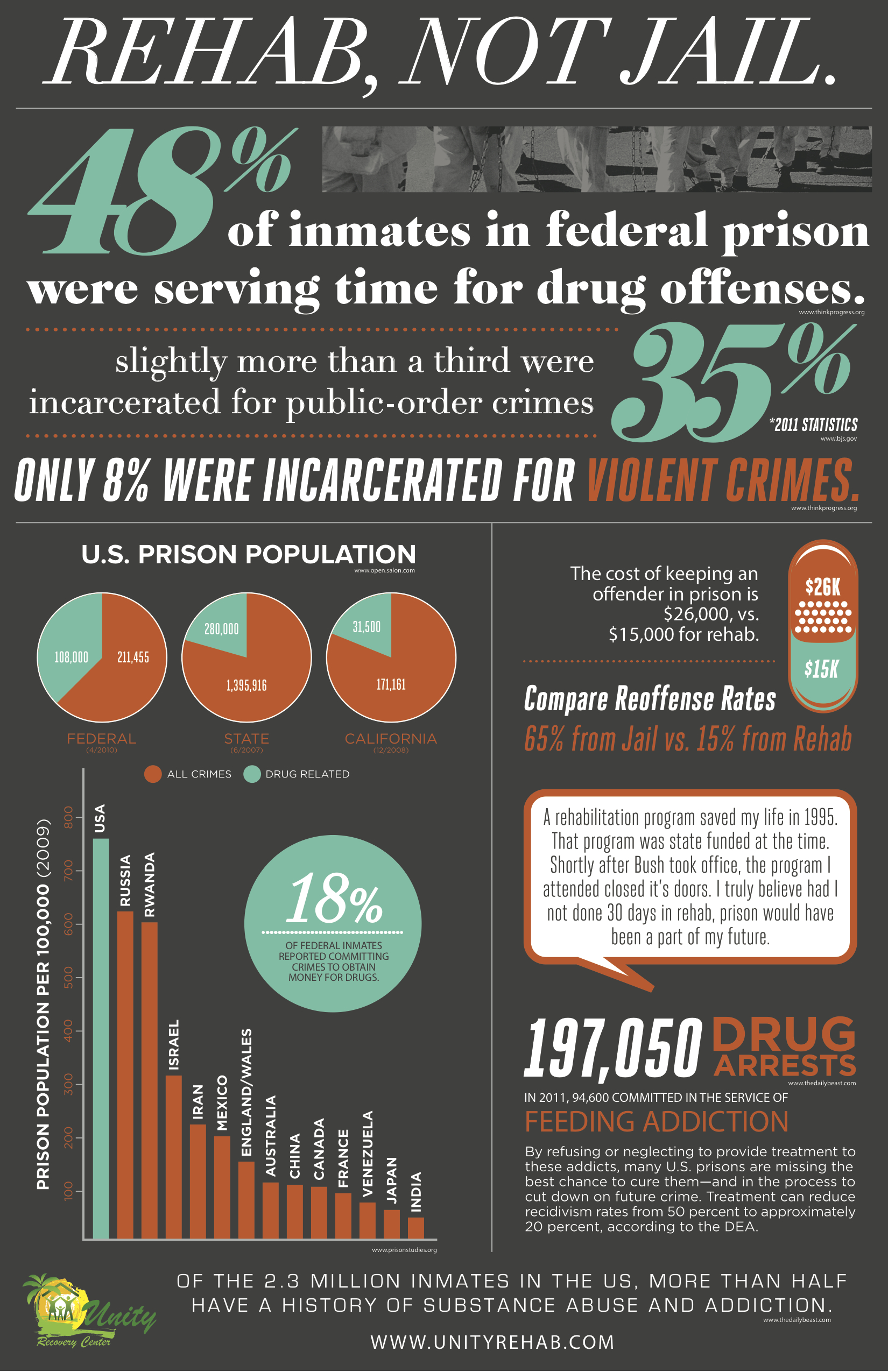Discover Just How To Develop A Strong Post-Rehabilitation Treatment Approach And Obtain Lasting Achievements
Discover Just How To Develop A Strong Post-Rehabilitation Treatment Approach And Obtain Lasting Achievements
Blog Article
Short Article By-Lawson Frazier
You have actually finished drug rehabilitation, and currently it's time to produce an effective aftercare strategy to ensure your lasting recovery.
Image this: you're a person figured out to remain clean and construct a fulfilling life. This post will certainly direct you with identifying continuous support group, including treatment and counseling, and creating healthy coping mechanisms.
With White Sands free drug rehab near me Suboxone Treatment 33916 , you'll be furnished to flourish in your journey of sobriety.
Let's start.
Identifying Ongoing Assistance Equipments
You need to identify at least 3 recurring support group to ensure a successful healing after drug rehab.
The first support group is your family and friends. They can supply emotional support, support, and assist you remain accountable. They can also supply a risk-free and understanding atmosphere where you can share your battles and success.
The 2nd support group is your specialist or counselor. They can assist you work through any type of underlying issues that might have contributed to your dependency and supply guidance on how to stay clear of relapse. WhiteSands best alcohol rehabs Suboxone Center 33993 can additionally teach you dealing systems and healthy and balanced methods to handle stress and anxiety.
White Sands drug rehab florida Suboxone Center 33965 is a support group or a sober neighborhood. Being bordered by others that are undergoing similar experiences can be extremely advantageous. They can supply a feeling of belonging, recognizing, and deal beneficial advice and support.
Incorporating Therapy and Counseling
To achieve an effective healing, it is essential for you to proactively participate in therapy and therapy sessions, along with integrate them into your recurring support systems. By doing so, you can make the most of the advantages of these therapy techniques and increase your opportunities of keeping long-lasting sobriety.
Right here are some key reasons why integrating therapy and therapy right into your aftercare strategy is critical:
- ** Emotional Support: ** Treatment and therapy offer a risk-free room for you to reveal your ideas, feelings, and struggles pertaining to your dependency. It permits you to resolve any kind of unsettled issues and establish healthy coping devices.
- ** Slip back Prevention: ** These sessions outfit you with the required tools and methods to stop regression. They help you identify triggers, develop coping skills, and develop a strong structure for managing cravings and tension.
- ** Personal Development: ** Treatment and counseling help with personal growth and self-discovery. They assist you acquire understanding right into the underlying reasons for your addiction, improve self-esteem, and create healthier connections.
Establishing Healthy And Balanced Coping Systems
During therapy and therapy sessions, it's important to actively work on creating healthy and balanced coping mechanisms in order to efficiently take care of stress and obstacles.
You require to identify and understand your triggers, those things that create you distress or stress and anxiety. By identifying these triggers, you can develop approaches to handle them in a healthy method. This may entail exercising deep breathing exercises, engaging in physical activity, or finding a creative electrical outlet to share your emotions.
It is very important to likewise surround on your own with a solid support group of friends and family that can provide inspiration and advice.
In addition, self-care activities such as getting enough sleep, consuming well, and practicing relaxation techniques can significantly contribute to your total well-being.
Conclusion
In the journey in the direction of recuperation, producing an effective aftercare plan resembles tending to a fragile yard. Equally as a gardener nurtures each plant with care and attention, so too need to one grow recurring support systems, include therapy and counseling, and create healthy coping systems.
By doing so, the seeds of recuperation will blossom right into a growing garden, offering a strong structure for a brighter, drug-free future.
